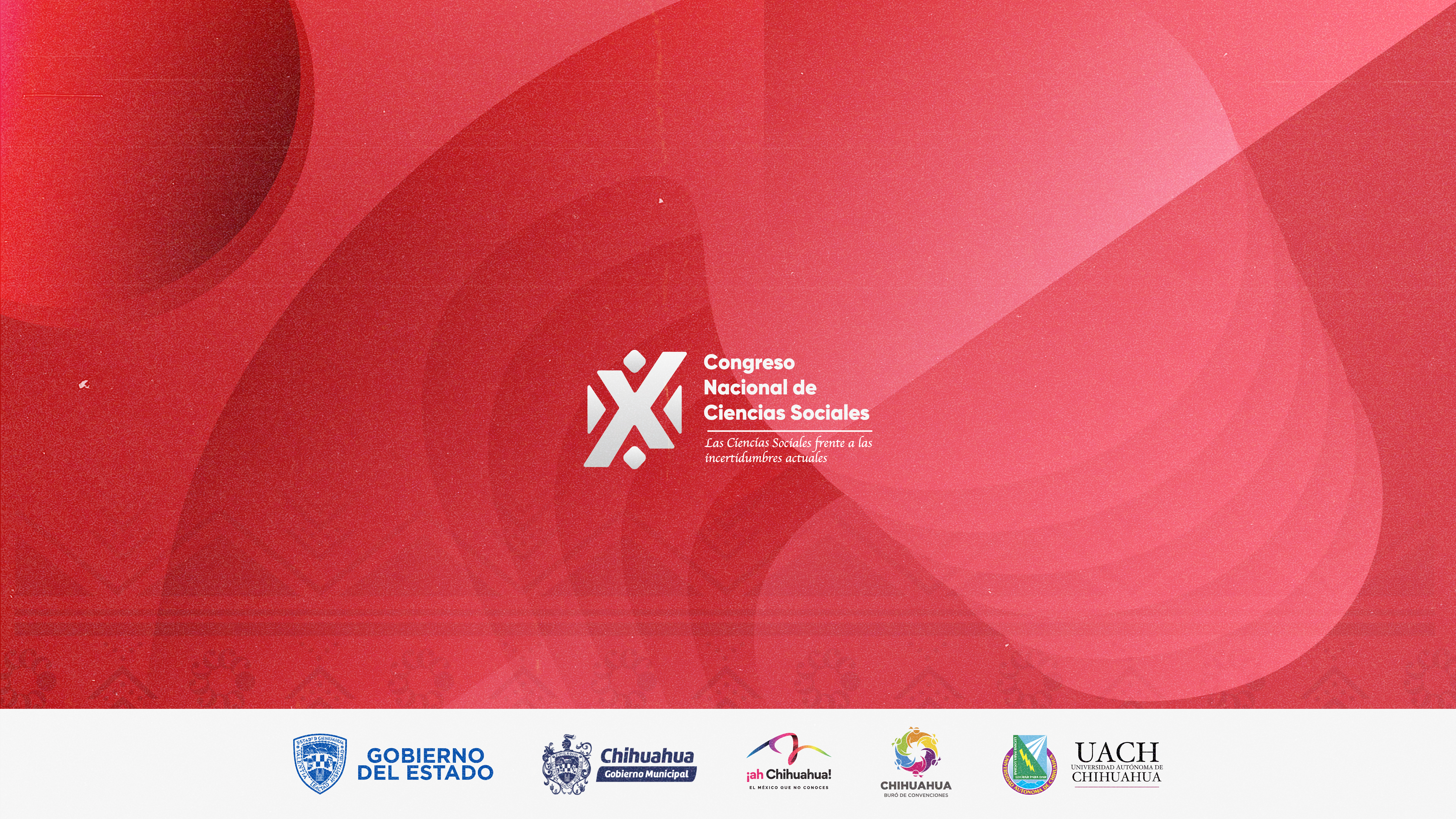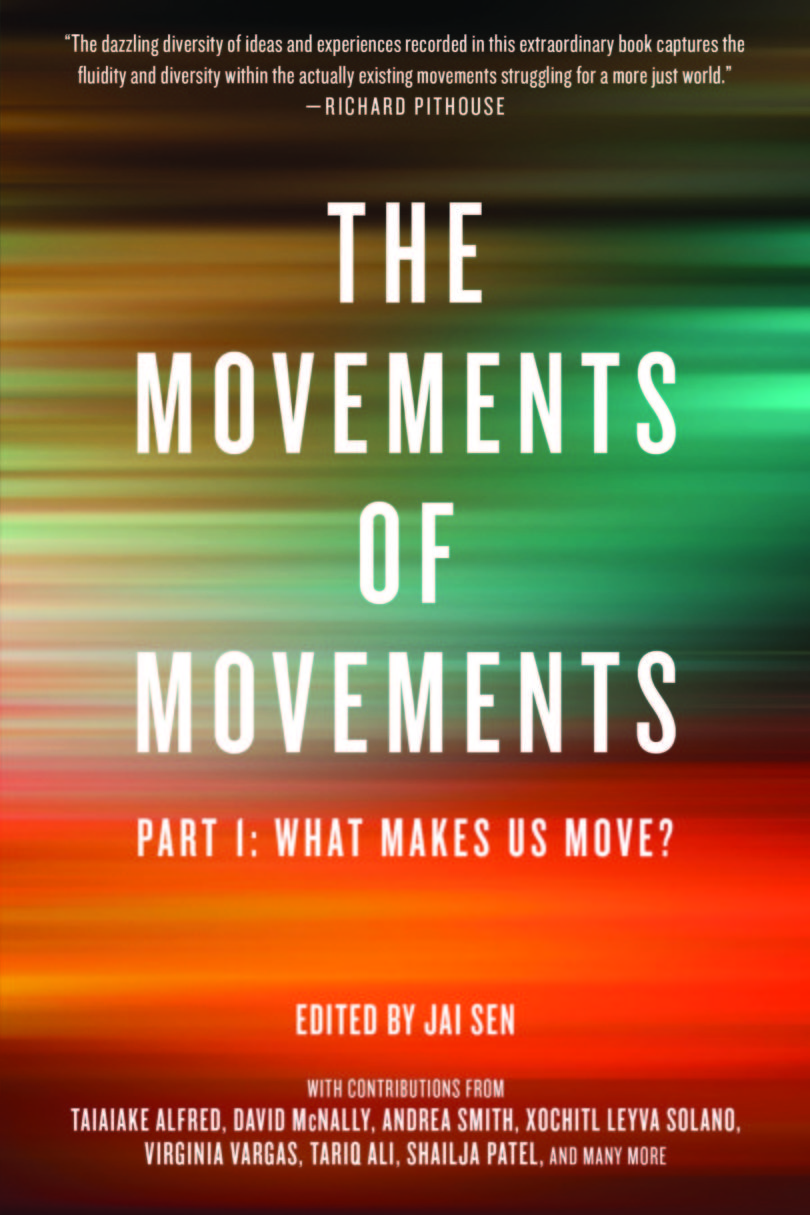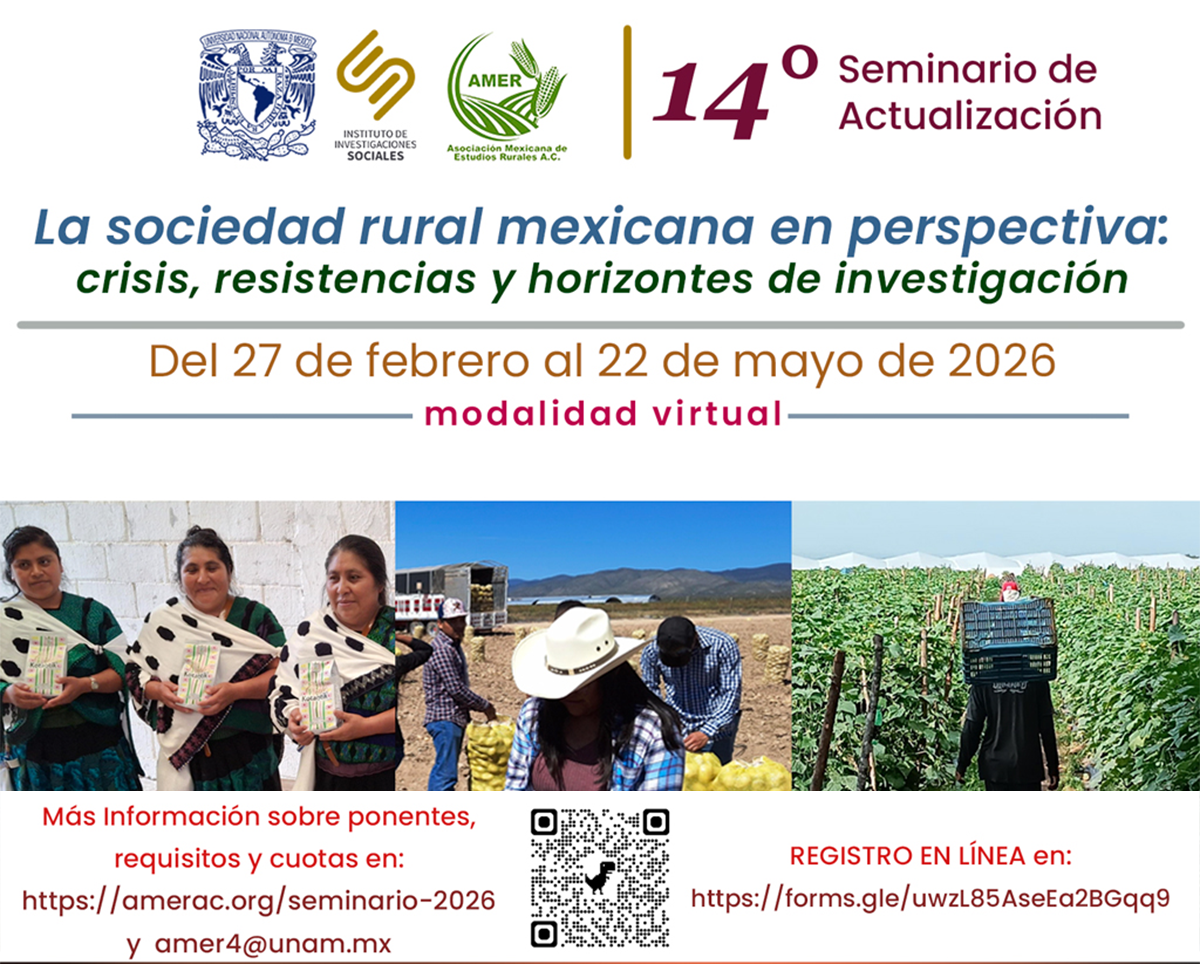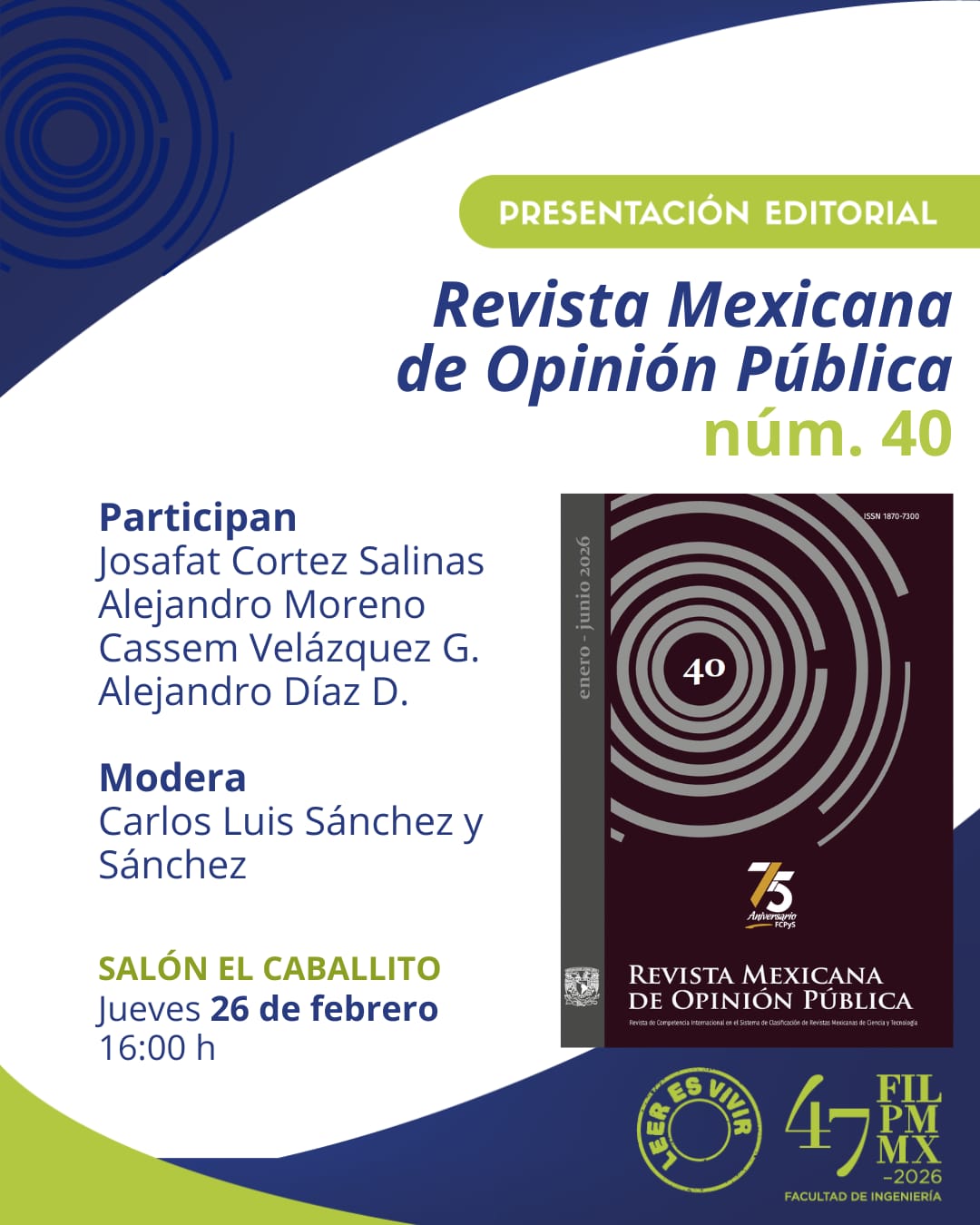The Movements of Movements Part 1
The Movements of Movements
Part 1 : What Makes Us Move ?
Edited by Jai Sen
Our world today is not only a world in crisis but also a world in profound movement, with increasingly large numbers of people joining or forming movements: local, national, transnational, and global. The dazzling diversity of ideas and experiences recorded in this collection capture something of the fluidity within campaigns for a more equitable planet. This book, taking internationalism seriously without tired dogmas, provides a bracing window into some of the central ideas to have emerged from within grassroots struggles from 2006 to 2010. The essays here cross borders to look at the politics of caste, class, gender, religion, and indigeneity, and move from the local to the global.
What Makes Us Move?, the first of two volumes, provides a background and foundation for understanding the extraordinary range of uprisings around the world: Tahrir Square in Egypt, Occupy in North America, the indignados in Spain, Gezi Park in Turkey, and many others. It draws on the rich reflection that took place following the huge wave of creative direct actions that had preceded it, from the 1990s through to the early 2000s, including the Zapatistas in Mexico, the Battle of Seattle in the United States, and the accompanying formations such as Peoples’ Global Action and the World Social Forum.
Edited by Jai Sen, who has long occupied a central position in an international network of intellectuals and activists, this book will be useful to all who work for egalitarian social change—be they in universities, parties, trade unions, social movements, or religious organisations.
Contributors include Taiaiake Alfred, Tariq Ali, Daniel Bensaïd, Hee-Yeon Cho, Ashok Choudhary, Lee Cormie, Jeff Corntassel, Laurence Cox, Guillermo Delgado-P, Andre Drainville, David Featherstone, Christopher Gunderson, Emilie Hayes, François Houtart, Fouad Kalouche, Alex Khasnabish, Xochitl Leyva Solano, Roma Malik, David McNally, Roel Meijer, Eric Mielants, Peter North, Shailja Patel, Emir Sader, Andrea Smith, Anand Teltumbde, James Toth, Virginia Vargas, and Peter Waterman.
ABOUT THE EDITOR
Jai Sen, based at the India Institute for Critical Action: Centre In Movement (CACIM), is an activist/researcher/author on and in movement. He has intensively engaged with the World Social Forum and contemporary emerging movement at a world scale, as moderator of the listserve WSMDiscuss and as coeditor of several books including World Social Forum: Challenging Empires and World Social Forum: Critical Explorations.
ACCOLADES
“Possible futures right now in the making become legible in how The Movements of Movements doesn’t shy away from the complex and unsettling issues that shape our time while thinking through struggles for social and ecological justice in the wider contexts of their past and present.”
—Emma Dowling, Senior Researcher in Political Sociology at the Institute for Sociology, Friedrich-Schiller-University Jena, Germany
Te puede interesar

Programa del X Congreso Nacional de Ciencias Sociales
comecso - Feb 25, 202623 al 27 de marzo, 2026 | Posgrado de la Facultad de Contaduría y Administración, Universidad Autónoma de Chihuahua, Campus…

Hoteles con convenio | X Congreso Nacional de Ciencias Sociales
Laura Gutiérrez - Feb 25, 2026X Congreso Nacional de Ciencias Sociales Las Ciencias Sociales frente a las incertidumbres actuales del 23 al 27 de marzo…

Convocatoria Feria del libro
Laura Gutiérrez - Feb 18, 2026FERIA DEL LIBRO X CONGRESO NACIONAL DE CIENCIAS SOCIALES “Las Ciencias Sociales frente a las incertidumbres actuales” INVITACIÓN Información general…

Memorias del IX Congreso Nacional de Ciencias Sociales
Roberto Holguín Carrillo - Jul 02, 2025IX Congreso Nacional de Ciencias Sociales Las ciencias sociales y los retos para la democracia mexicana. Realizado en el Instituto…

Presentación de la colección Clásicos de las Ciencias Sociales y las Humanidades en la 47 FIL
comecso - Feb 27, 2026Hilo recuperado de X @HumanidadesUNAM Presentación de la colección Clásicos de las Ciencias Sociales y las Humanidades, de nuestros #LibrosDeHumanidades,…










